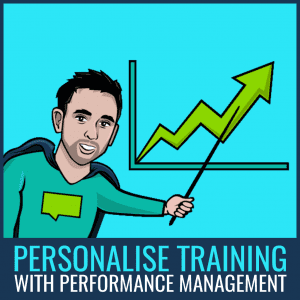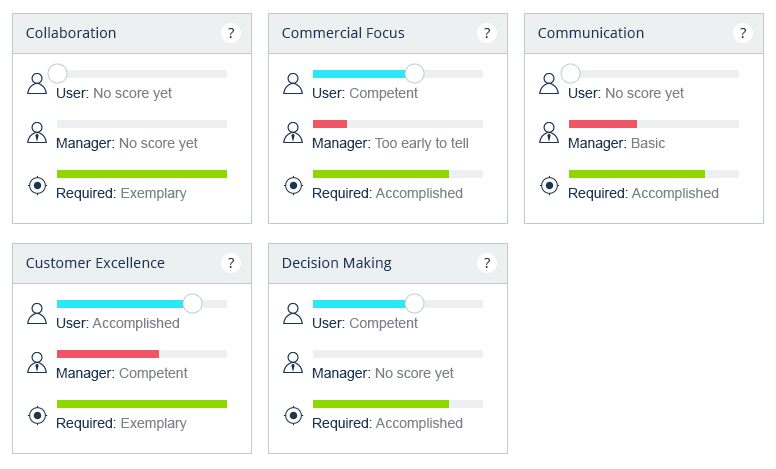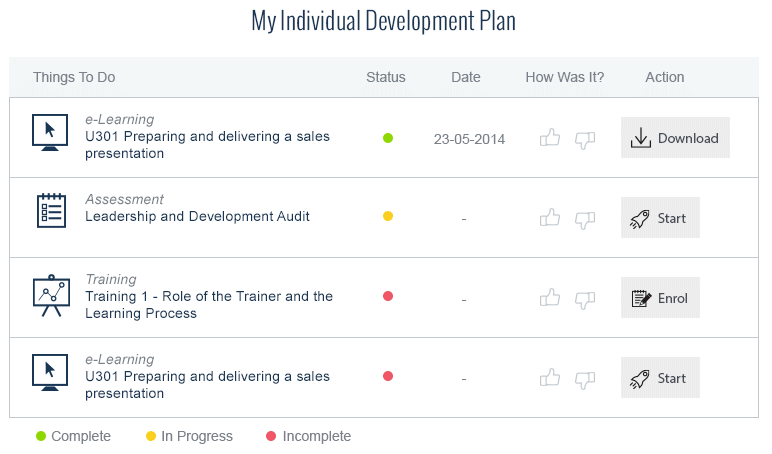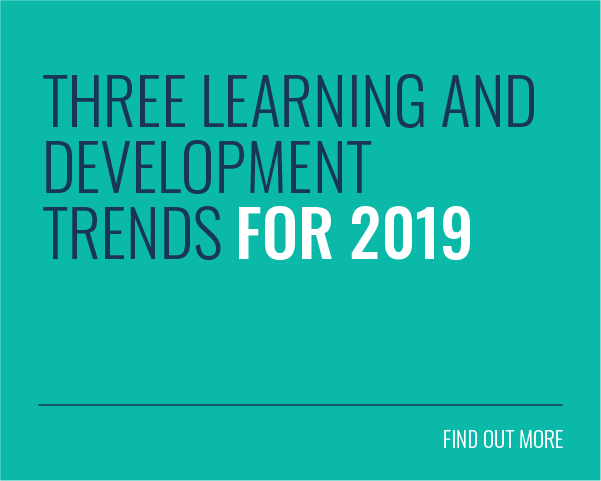 We’ve spoken a lot in the past about why you should integrate learning management with performance management. In fact, we even have a free white paper covering everything you need to know about running an online performance management strategy!
We’ve spoken a lot in the past about why you should integrate learning management with performance management. In fact, we even have a free white paper covering everything you need to know about running an online performance management strategy!
But did you know that performance management is yet another way to offer a personalised training programme to your learners?
Performance management is all about nurturing the talent within an organisation. It often involves setting targets and holding appraisals to keep people on the right track, and help guide them towards maximum success.
How does this tie into personalised learning?
Objectives
Objectives are a staple part of performance management. We’re all familiar with the idea of setting targets as a way to focus our activities and give us something to work towards. But setting long-term objectives can also be a fantastic way of focusing on learning efforts.
You can break up big objectives into key performance indicators, or KPIs. So a general objective to increase inbound marketing leads by 50% would break down into KPIs for each activity that would involve. These might include increasing traffic from social media by 30%, and increasing leads from advertising by 60%.

By having a clear idea of exactly what they need to achieve, your learners will be able to target their training efforts properly. For example, they could spend time learning about how to find more success with social media marketing, to make sure they hit their KPI.
Updating their progress towards objectives on a regular basis will also help them adapt their training regime if needs be. So if they notice they’re doing well on one KPI but falling behind on another, they can shift their training focus!
Competencies
Whereas setting objectives is a means of measuring what someone has achieved, competencies are a way of finding out how they achieved it.
For each job role, you’ll map out all of the skills and behaviours required to do the job. A developer might need to be competent at Java and PHP, whereas a salesperson is more likely to need good communication and research skills.
Then for each employee, a manager will assess their level of competency in each of these skills and behaviours. Are they exceptional in that area, or fundamentally lacking?

You can see how this can be so useful for learning. Similarly to a training needs analysis, this type of assessment will highlight an individual’s strengths and weaknesses. They’ll then be able to see exactly where they should focus their training efforts to become the well-rounded performer they’ve always dreamed of being!
Personal Development Plans
Personal Development Plans, or PDPs, are the result of a good performance management programme. The advantage of these plans is that they’re handcrafted by managers who know their employees best and who know exactly what they need from them.
With a full performance management programme, a manager will have all the information they need to put together a good PDP. They can see which objectives and KPIs were more challenging, which competencies need more work, and can use anything learned from a one-to-one appraisal.
With all of this data at their fingertips, the manager will be in the perfect position to craft development programmes which are personalised for each of their employees.
This whole process is easiest when you integrate performance and learning management. On our Academy LMS, a manager uses the Performance Centre to recommend specific content to a learner. That learner then finds this in their PDP, and can work their way through to plug their skill gaps. It’s as simple as that!

Want to find out more about personalised learning? Funny you should say that! We wrote a juicy guide which contains everything you need to know about personalised learning. ‘This Time It’s Personal’ is packed full of useful tips you can start applying today!
Click here for a free download of your very own copy!








